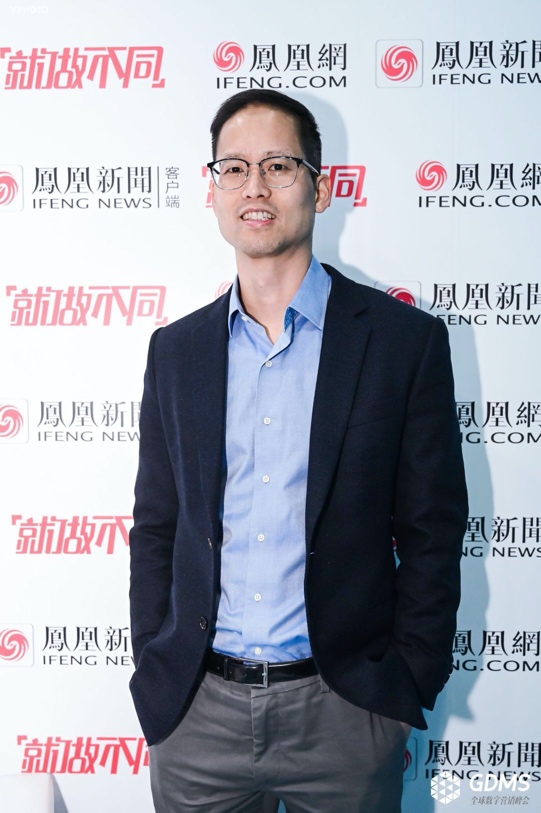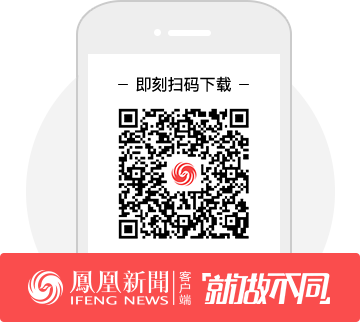
赛诺菲Ted Lai: 用创新与科技提供更好的服务
有些罕见疾病在全国可能只有五千个病例,那么我们如何让大家认识到这种疾病呢?答案就是科技。
——Ted Lai 赛诺菲中国首席数字官
12月2日,在2019GDMS全球数字营销峰会上,Ted Lai接受特邀媒体、专访平台——凤凰网的访问,他特别赞赏新科技对制药行业的大力推动,介绍了人工智能、数据挖掘对市场营销的帮助。期间,还分享了赛诺菲在中国市场的特色营销经验。
以下为访谈实录:
凤凰网:2020年制药产业的新趋势是什么?赛诺菲在这方面又有什么新的规划?
Ted Lai:我不会谈论太多和政策相关的话题,不过确实政府政策正把像我们这样的公司推向一个追求创新以及应用数字科技并更好的为客户服务的方向。这不仅仅是为了与医生更好的交流,最终更是要提高公众对疾病的认知,尤其是罕见疾病领域。罕见疾病的诊断率比较低,有些在全国可能只有五千个病例,如果是这样的话,那么我们应该如何让大家认识到这种疾病呢?答案就是科技,这就是我们运用新技术把信息传达给大家的时候了。
凤凰网:在通过数字科技提升市场营销的质量和有效性的过程中,赛诺菲有什么经验能分享给我们吗?
Ted Lai:过去几年我们一直在运用数字市场营销科技,不过现在我们有了一个新的团队,包括一些来自行业外的人,他们带给了我们全新的视角。我们意识到除了过去我们一直在使用的全球工具之外,还有很多新型的本土优秀解决方案。我们可以利用人工智能来挖掘数据,做到在最合适的时间点与相应的医生沟通。不是所有医生都需要同样的信息,而每个医生在了解产品的时候也都有他们独特的见解,因此从最开始的认识到整个旅程的最后都是极为重要的。我们正在创建一个数据库,利用人工智能来开展这个进程。我认为我们现在还在起步阶段,不过再过一两年,你一定会看到我们有更多的进步。
凤凰网:数字科技如何能够使品牌更贴近消费者?
Ted Lai:一个很好的例子是罕见疾病,比如说,我们注意到“戈谢病”的患者 ,很多时候在经历过一段痛苦的时间后才意识到他们可能得了病,于是他们才开始上网搜索。为了能够真正和这些人交流,我们必须利用科技在网上更好的将疾病信息传达给他们,告诉他们,我们已经注意到了他们在搜索这些信息。如果他们意识到自己可能得了这种病,那么我们能提供他们了解更多信息的机会。我认为这些是我们能够利用科技来帮助患者更好的管理他们的疾病。
凤凰网:和其他国家相比,赛诺菲在中国的电子化进程中有什么富有当地特色的经验吗?
Ted Lai:传统意义上来说,很多国际性的技术被引进到中国,但是在过去一两年甚至可以说是过去几年里,中国在数字化生态系统中已经处于世界领先地位,充满创新的市场模型,以及那些超级软件,比如微信、支付宝等等。事实上,现在已经和过去不同了,现在很多国家想的是如何向中国学习,当然现在还处于转型阶段。有些情况下,我们国外的同事想出一个不错的点子,我们会将这个想法以中国本土的特色做出相应的调整。而有的时候我们有不错的想法,他们也会好奇,并且向我们学习,这是一种相互之间的交换。
凤凰网:最后一个问题是关于媒体的,在时代、科技和客户群体的转变下,你认为媒体应该如何转变?
Ted Lai:我认为全球的一个大趋势是个性化,越来越多的数据出现在我们面前,越来越多的AI正被用来挖掘更多的数据。所有的媒体都趋于不同,每个人看到的都是不同的,因为我们有着不同的兴趣,当然有的时候我们也会抱团组队,但在更多的时候我们还是独特的个体。因此我认为个性化是一个最大的趋势,我们需要创造一个有效的数据挖掘工具,当然前提是我们能够获得使用数据的许可。由于现在中国以及全球对于数据的法律都变得相当严格,我们自然也会尊重这一点。在我们获得许可的条件前提下,获取大规模的数据,利用它们,实现客户个性化,增进客户的满意度。
凤凰网:What are the new trends in the pharmaceutical industry in 2020, and in the regard, what layout does Sanofi carry out?
Ted Lai:So I'm not going to talk too much about the government regulations, but there's also a lot of government regulations pushing things like that pushing a lot of companies like us into a direction for being more innovative, and also applying more digital technology to service our customers better, not only to communicate with doctors in a new way, but also eventually to communicate about diseases to the general public, to create awareness, especially for rare diseases, a lot of people don't understand what some diseases are, and even doctors might not know, so it's up to us to really use technology to really get the word out. Some cases, some of these rare diseases may only have five thousand patients across the entire country, if that's the case, you know, how do we get people to really understand what these things are. So technology is the answer.
凤凰网:In the process of promoting the quality and effectiveness of marketing through digital technology, what experience can Sanofi share with us?
Ted Lai:You mean the question is, how do we leverage technology to improve marketing?
Ted Lai:We've been applying digital marketing techniques for the last few years, but I'd say that now we have a new team including some people from outside of the pharmaceutical industry, that's coming at it from a new perspective, we realized there are a lot of new tools, not just the ones that were importing from Global Solutions but also locally made tools and leveraging artificial intelligence to really try to mine the data and communicate to the right doctors at the right time, because not all doctors want the same information, clearly every single one is a little bit unique in their journey of awareness all the way through advocacy for our different products and their uses, so it's important to really start. We're building a database, we're leveraging the basics of AI to really start the process. I'd say we're still early days in the process but over the next year to two, you'll see a lot more improvement than that.
凤凰网:How can digital technology be used to drive a brand closer to the users?
Ted Lai:I think in a good example of that would be say rare diseases, you know we noticed in some cases for instance, in this one disease called Gaucher, many people suffer for a long time before they realize that they may have a disease like this, and then they start surf, they start searching on Baidu, so you know in order for us to really communicate with these people better, we have to leverage technology for instance even in Baidu, to pin them or target them one to one saying, we notice that you're searching here, or you click here, if this is what you think you might have, to learn more about this disease. These are the types of things that I think we can leverage to make lives better for patients.
凤凰网:Compared with other companies, what localized experience can Sanofi share with us over the process of digitization in China?
Ted Lai:I think traditionally, there was a lot of importing of global techniques into China, but I'd say really in the last year to two or even in the last few years, China is now leading the world in terms of the digital ecosystem, the way of the innovation when it comes to business models and even the way the ecosystem is involved around the super apps such as WeChat or AliPay and the like that actually we're starting to think about how do we exploit the learnings from China to other countries. It's not the other way around anymore as much, clearly there's still a transition period where you know we're talking to some colleagues globally who want to, you know, they have some interesting learnings too, and we're saying hmm that's a good idea, we might want to try that, well we have to localize it for China, and then some things that we're doing here, they're very curious about and we're trying to explain to them and they're trying to localize for their purposes, so it's now a two-way exchange.
凤凰网:Last question is about media, what transformation should media make when the time, technology and customers keep changing.
Ted Lai:I do think that the world is moving towards personalization, with more and more data, more and more AI being used for mining the data, it's really a mega trend that all media will become one-to-one. So what you see versus what I see and what he sees will be very different, and only because we're actually all individuals, we all have slightly different interests, yes in some cases there might be groupings, but in other interests there won't be grouping. So I think that's the general trend, so we need to all build the right tools to mine the right data, of course it has to be with permission, clearly the privacy laws in China and around the world are being tightened, so we all have to be respectful of consumer privacy, but with permission we can still access quite a bit of data, that we can then use to personalize, then it becomes more relevant and people will appreciate it more.




